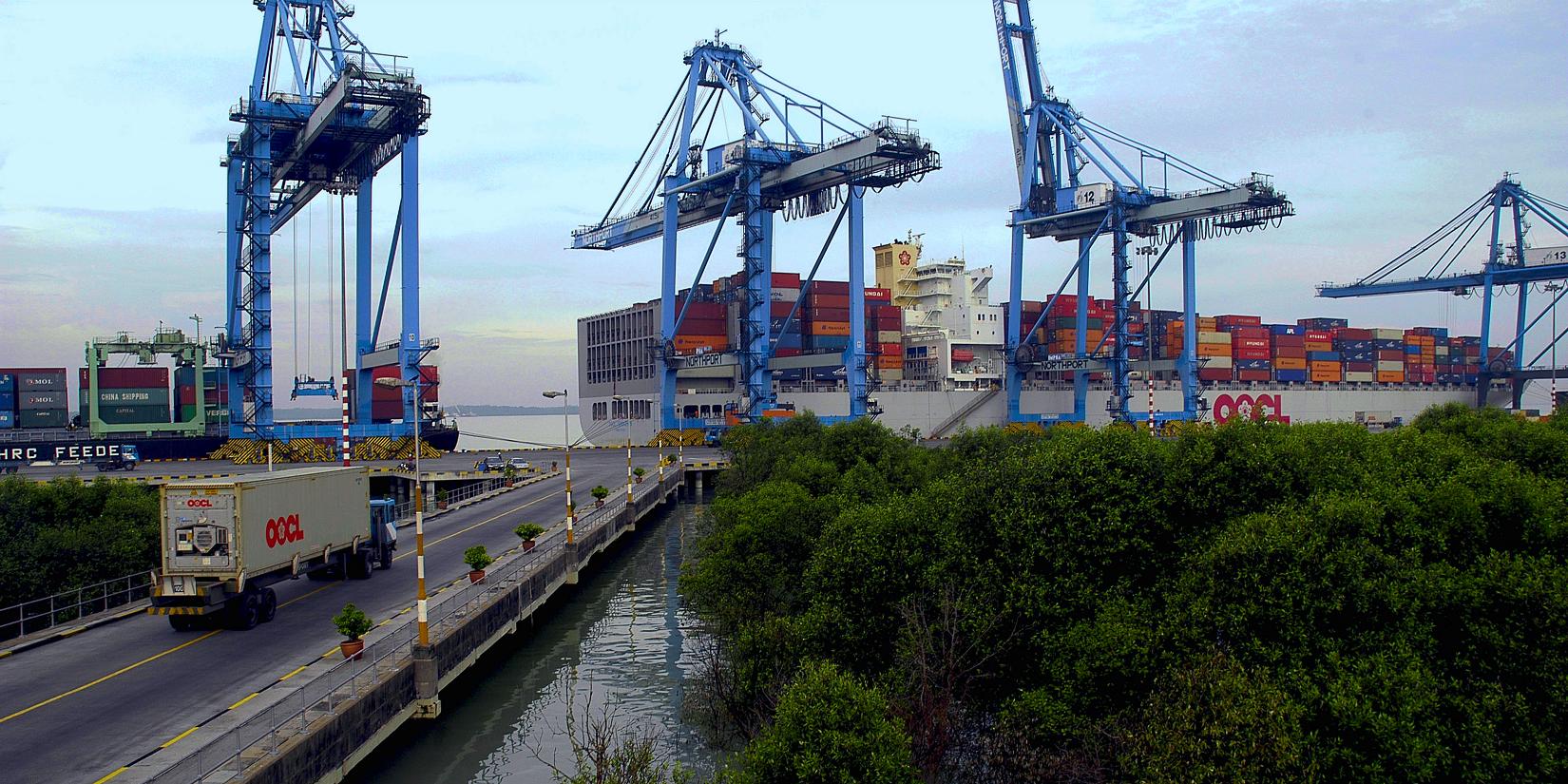Pasha Hawaii’s second liquefied natural gas (LNG) ship, the MV Janet Marie, made its first voyage from Long Beach to Honolulu over the weekend. Leaders celebrated this ship, overlooking the fact that this decision will lock Long Beach into decades of additional fossil-fuel pollution during a dire moment of climate emergency.
Port of Long Beach Leaders Tout Climate-Heating LNG Ship during Hottest Month in Recorded History
LONG BEACH (July 31, 2023) – Pasha Hawaii’s second liquefied natural gas (LNG) ship, the MV Janet Marie, made its first voyage from Long Beach to Honolulu over the weekend. Leaders celebrated this ship, overlooking the fact that this decision will lock Long Beach into decades of additional fossil-fuel pollution during a dire moment of climate emergency.
Fossil-fueled cargo ships are the largest source of life-shortening air quality pollution and climate-heating emissions at the San Pedro Bay Ports. By welcoming LNG-powered vessels like the Pasha Hawaii LNG containership, the Port of Long Beach sends a message that fossil fuels are welcome to continue polluting communities and our planet for decades to come. Liquefied natural gas (LNG) is a climate super-disrupting fossil fuel comprised of 90% methane, a heat-trapping greenhouse gas which has 86 times the global warming potency as carbon dioxide on a shorter timescale of 20 years. Methane is the primary contributor to the formation of ground-level ozone, an air pollutant responsible for 1 million premature deaths around the world every year.
Just this month, the New York Times reported that: “It takes as little as 0.2 percent of gas to leak to make natural gas as big a driver of climate change as coal, the study found. That’s a tiny margin of error for a gas that is notorious for leaking from drill sites, processing plants and the pipes that transport it into power stations or homes and kitchens.”
Statement from Dawny’all Heydari, Climate Campaign Manager of Advocacy:
“By welcoming a new LNG fossil fuel ship during the hottest month recorded in global history, July 2023, the Port of Long Beach endangers our collective ability to keep global temperature rise below 1.5 degrees Celsius (2.7 degrees Fahrenheit) in alignment with the Paris Agreement. If humankind surpasses this planetary boundary, we will set off an irreversible chain of disruption to climate and ecological systems. We cannot afford LNG during this historic moment of climate and ecological crisis, and the Port’s support of these ships is irresponsible and inexcusable.”
